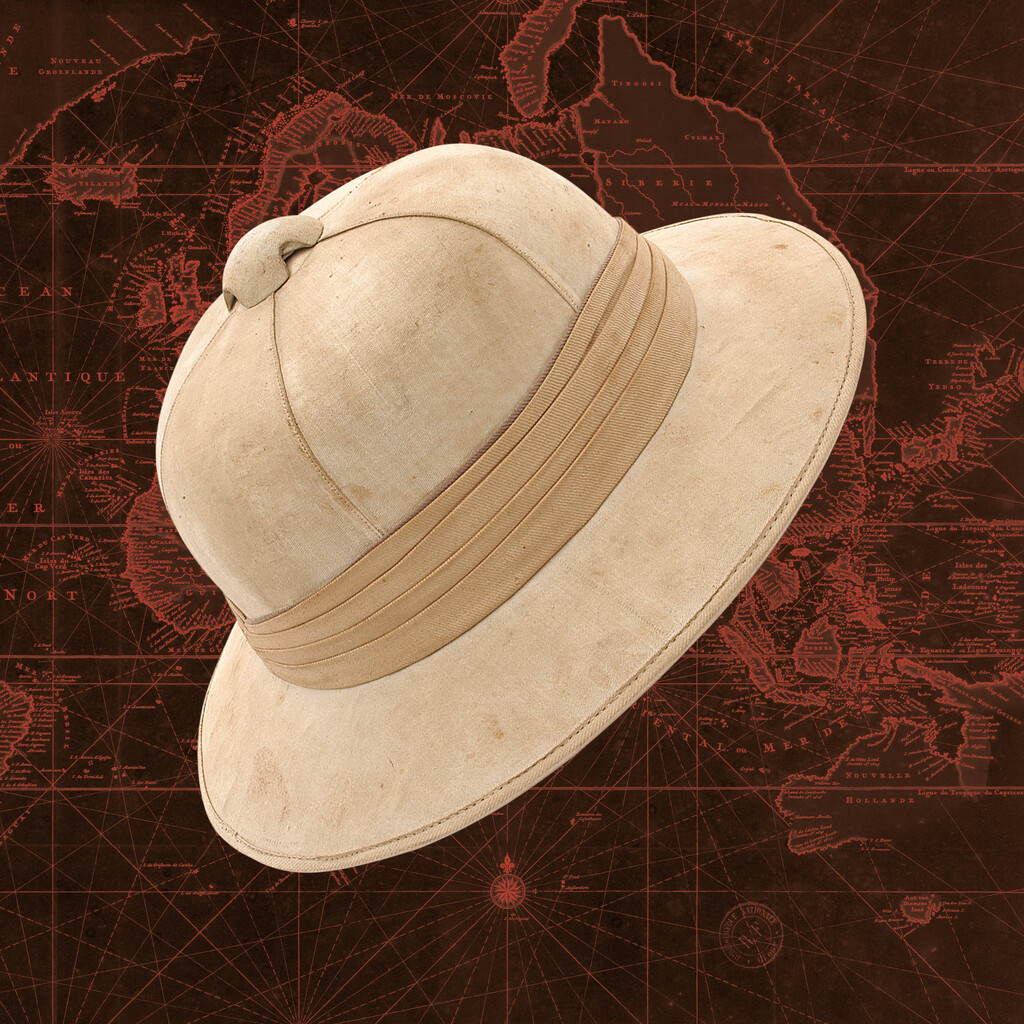Today
10:00 - 17:00
10:00 - 17:00
Monday closed
Tuesday till Sunday 10:00 - 17:00
Monday closed
Tuesday till Sunday 09:30 - 17:30
Good Friday 03.04.2026 10:00 - 17:00
Easter Sunday 05.04.2026 10:00 - 17:00
Easter Monday 06.04.2026 10:00 - 17:00
New Year's Eve 01.05.2026 10:00 - 17:00
Ascension 14.05.2026 10:00 - 17:00
Whitsun 24.05.2026 10:00 - 17:00
Whit Monday 25.05.2026 10:00 - 17:00
Swiss National Day 01.08.2026 10:00 - 17:00
accessibility.openinghours.special_opening_hours.link
Show all10:00 - 17:00
Monday closed
Tuesday till Sunday 10:00 - 17:00
Monday closed
Tuesday till Sunday 09:30 - 17:30
Good Friday 03.04.2026 10:00 - 17:00
Easter Sunday 05.04.2026 10:00 - 17:00
Easter Monday 06.04.2026 10:00 - 17:00
New Year's Eve 01.05.2026 10:00 - 17:00
Ascension 14.05.2026 10:00 - 17:00
Whitsun 24.05.2026 10:00 - 17:00
Whit Monday 25.05.2026 10:00 - 17:00
Swiss National Day 01.08.2026 10:00 - 17:00
accessibility.openinghours.special_opening_hours.link
Show allTemporary exhibition
Swiss citizens and companies were heavily involved in the colonial system from the 16th century onwards. Some Swiss companies and private individuals took part in the transatlantic slave trade and earned a fortune from the trade in colonial goods and exploitation of slave labour. Swiss men and women travelled the globe as missionaries. Other Swiss, driven by poverty or a thirst for adventure, served as mercenaries in European armies sent to conquer colonial territory or crush uprisings by the indigenous population. Swiss experts also placed their knowledge at the disposal of the colonial powers. And the racial theories prevalent at the time, which were used to justify the colonial system, formed part of the curriculum at the universities of Zurich and Geneva.
The exhibition at the Château de Prangins draws on the latest research findings and uses concrete examples, illustrated with objects, works of art, photographs and documents, to present, for the first time in French-speaking Switzerland, a comprehensive overview of Switzerland's history of colonial entanglement. And by drawing parallels to contemporary issues, it also explores the question of what this colonial heritage means for present-day Switzerland. Shown at the Landesmuseum in Zurich in 2024, it is presented in an adapted form at the Château de Prangins.
